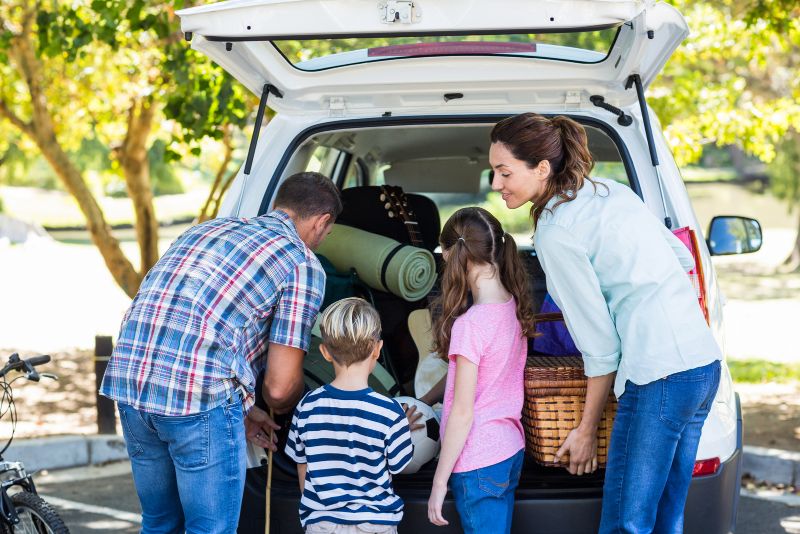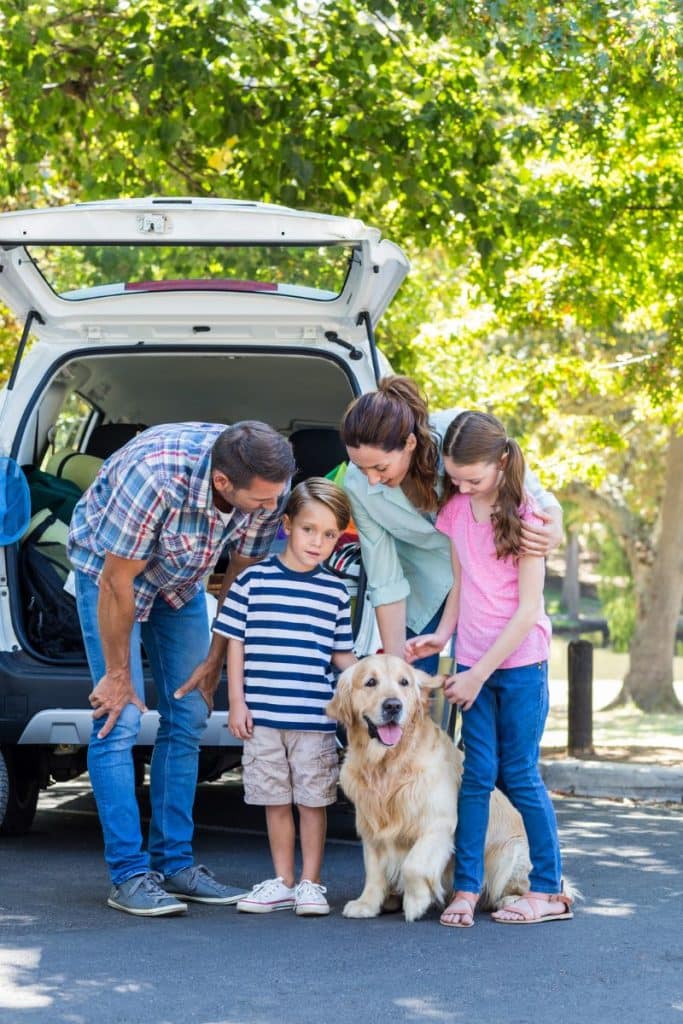Road trips offer the perfect opportunity to bond with your family. However, ensuring the safety of your loved ones during long road journeys should always be a top priority. From proper vehicle maintenance to emergency preparedness, this comprehensive guide will provide invaluable tips on keeping your family safe on those extended road adventures.

Proper Seat Belt Use
Seatbelts are the primary safety feature in any vehicle. Ensure everyone in your family buckles up before starting the journey, regardless of their seating position. Here are some additional seat belt safety tips:
- Adjust seat belts to fit appropriately. They should sit low and snug across the hips and rest comfortably across the chest and shoulder.
- Ensure children are secured in age-appropriate car seats or booster seats.
- Teach kids the importance of seatbelt safety from a young age to instill good habits.
There is a great chance that if you are not wearing a seatbelt, you may encounter severe neck or neck injuries in the event of a collision. Aside from this, it may be difficult to claim compensation in an accident if you were not wearing your seatbelt. According to a reputable Florence, SC neck injury attorney, the proper use of seatbelts is crucial for your safety and any potential legal claims that may arise from an accident. By adhering to seatbelt safety guidelines, you protect your family from harm and ensure that you are in the best position to navigate any legal issues arising after an accident.
Pre-Trip Vehicle Safety Checks
Regular maintenance checks can prevent breakdowns and accidents while keeping your family safe. Inspect your tires for proper inflation, tread wear, and any signs of damage. Underinflated tires can reduce fuel efficiency and blowouts, while worn-out tires provide less traction, especially in wet conditions. Brakes are critical for your safety on the road. Have your brakes inspected by a mechanic to ensure they are in good working condition. Faulty brakes can lead to accidents, especially when driving on hilly or winding roads.
Check and top up your vehicle’s essential fluids, including engine oil, transmission fluid, brake fluid, and coolant. Ensuring your vehicle is adequately lubricated and cooled is vital for preventing engine overheating or other mechanical issues. Inspect all lights and signals on your car. Proper lighting ensures your vehicle is visible to other drivers and pedestrians, reducing the risk of accidents. A dead battery can leave you stranded in the middle of nowhere. Test your vehicle’s battery health and replace it if necessary.
Rest Stops and Fatigue Management
Long road trips often involve hours of continuous driving, which can lead to fatigue. Fatigue significantly impairs your ability to react quickly in dangerous situations. Sharing the driving duties can help prevent fatigue and keep everyone alert and safe. Ensure you and your co-drivers get a full night’s rest before the trip. Fatigue can accumulate, so starting your journey well-rested is crucial.
Dehydration and heavy, unhealthy meals can make you feel sluggish. Stay hydrated with water, and choose light, nutritious snacks to keep your energy levels up.
Pay attention to warning signs of fatigue, such as yawning, heavy eyelids, or difficulty maintaining lane position. If you experience these signs, pull over for a break or a nap.
Emergency Preparedness
Even with the best preparations, accidents can happen. So, carry a well-equipped first aid kit with bandages, antiseptic wipes, pain relievers, and any necessary prescription medications for family members. You should also list emergency contacts, including local hospitals, towing services, and contacts back home. Keep this list readily accessible in case of an accident.
Carry essential emergency tools such as a flashlight, a multipurpose tool, a fire extinguisher, and a reflective warning triangle. Pack extra essentials like blankets, water, non-perishable snacks, and a cellphone charger. These supplies can be invaluable if you’re stranded.
Safe Driving Practices
Your driving habits are significant in keeping your family safe on the road. Practice defensive driving and follow these safety tips:
- Obey Speed Limits: Stick to the posted speed limits, especially in unfamiliar areas. Speeding significantly increases the risk of accidents.
- Avoid Distractions: Distracted driving is a leading cause of accidents. Avoid texting, making calls, or engaging in any activity that diverts your attention from the road.
- Use Turn Signals: Signal your intentions clearly by using your vehicle’s turn signals, and always check your blind spots before changing lanes.
- Be Mindful of Weather Conditions: Adapt your driving to the current weather conditions. Slow down in rain, snow, or fog, and increase your following distance.
Stay Informed
Stay informed about road conditions, construction, and potential hazards along your route. Check weather forecasts for your travel dates and destinations. Be prepared for any adverse weather conditions you may encounter. Stay updated on traffic conditions and accidents using traffic apps or websites. This information can help you avoid congested areas and find alternative routes.

A long road trip with your family can be a fantastic adventure filled with laughter and memories. However, ensuring your family’s safety should always be your top priority. Preparation, vigilance, and responsible driving are critical to a successful, incident-free road trip. Stay safe and make those cherished memories that will last a lifetime.
